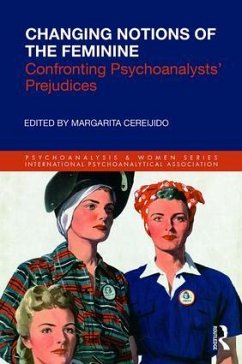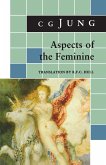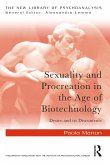As culture changes, so do notions of the feminine. Today, women are exploring new gender identities, gender dynamics, and family configurations. They are questioning and redefining what it is to be feminine and expressing different attitudes toward motherhood. These issues have challenged classic psychoanalytic theory and practice. In this timely collection, a range of prominent psychoanalysts confront and explore their prejudices about changing notions of the feminine, and how it impacts their work. In a period of transition, these issues are present in the clinical material of female patients, and in the material of male patients who struggle in their complementary roles as partners and fathers. But how analysts listen and give meaning to clinical material is significantly affected by the analyst's own prejudices, her implicit and explicit theories, as well as her subjective view of the world. Discussing topics such as the expression of power, the compatibility of assertiveness and ambition with the feminine, and the psychoanalytic impact of the spread of new reproductive techniques, this important and far-reaching book will be essential reading for any psychoanalyst or psychotherapist who wishes to engage actively with the sociocultural moment in which they work.
Hinweis: Dieser Artikel kann nur an eine deutsche Lieferadresse ausgeliefert werden.
Hinweis: Dieser Artikel kann nur an eine deutsche Lieferadresse ausgeliefert werden.








